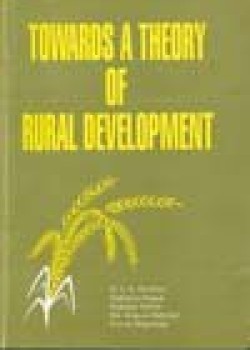
Towards a Theory of Rural Development
Author : De Silva, G.V.S, Haque, W. Mehta N. et al.
Publisher: South Asian Perspectives Network Associations (SAPNA)
Place of Publish: Sri Lanka, Colombo
Year: 1998
Page Numbers: 417
Acc. No: 4672
Category: Books & Reports
Subjects: Development
Type of Resource: Monograph
Languages: English
Ponna Wignaraja opens by criticizing the spread of technology by stating that instead of resulting in improvements in third world economies it alienates them. Technology also results in pollution of the environment, wasted resources and uncertainty for workers. In non-industrialized countries the poor suffer as there is restricted access to basic necessities such as food, housing and safe drinking water. Leaders and elites in the third World have recognized the need to rethink policy and come up with new approaches to these problems. Some of the objectives for development of third world economies as stated by Ponna Wignaraja are de-alinetaion, self-reliance, participation and the release of creative energies. These objectives will be achieved via structural transformation and mobilization, education and the development of villages. The main problem is identified as the exploitation of rural workers that results in low wages and a decline in the standard of living for the poor. The book further analyzes development constraints in South Asian countries, women, poverty and resources, new social movements in the South and the Pro-Poor planning through social mobilization in South Asia.



